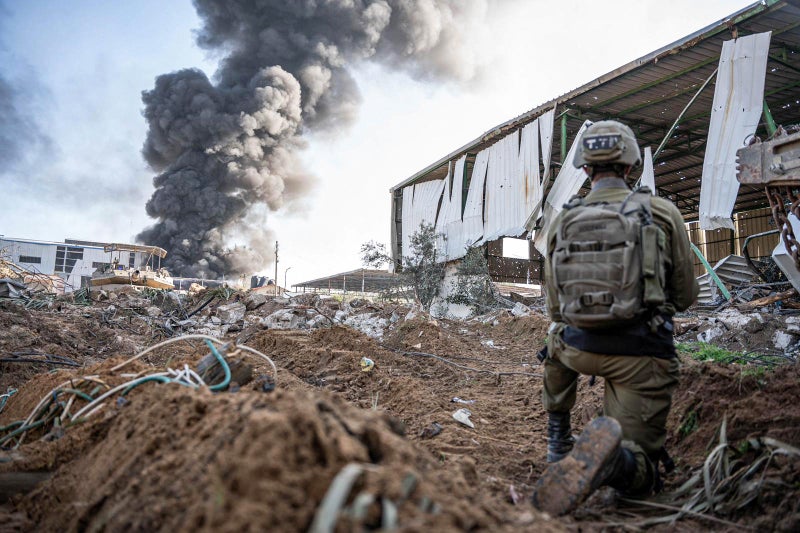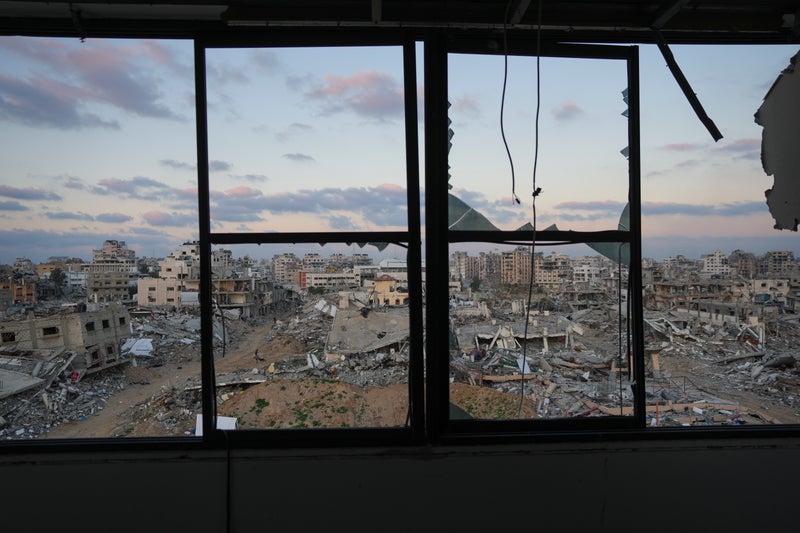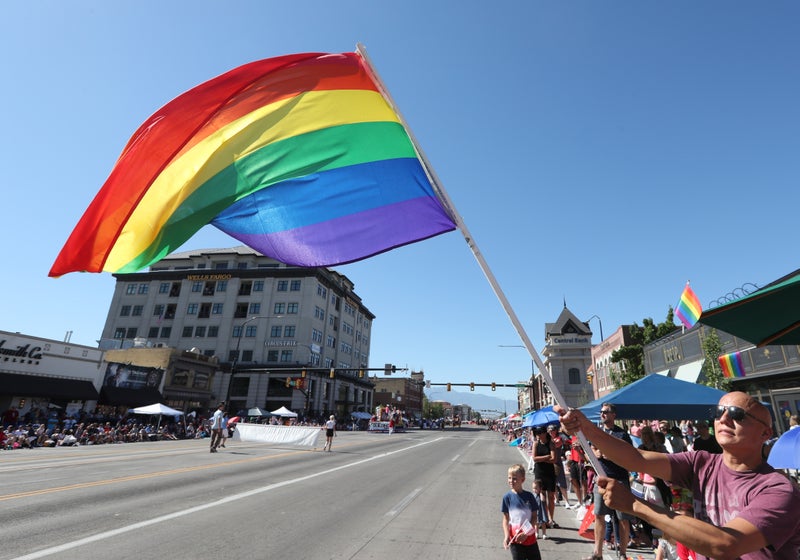At precisely the moment that specialty coffee consumption is reaching decade highs and coffee prices are setting records, many smallholder farms that supply 60% to 80% of the world’s coffee may struggle to survive a dual crisis of sustainability that’s not just about environmental change but also the lack of successors.
Multiple factors threaten the viability of coffee farming: climate change, competition from large-scale coffee corporations that drive down prices with lower-quality offerings and low farm wages, and consumer expectations that coffee should be cheap.
Pepe hopes his 2024 decision – which Jose encouraged – to purchase a second farm, Finca San Pedro, in Ecuador’s prominent Loja coffee region, will do the quiet work for him.
Both want to stay involved in Finca Soledad and the coffee industry as their careers, but neither sees their future resting solely on the farm.
In Ecuador’s coffee industry, where the average age of a producer is about 60, the generations positioned to take over are weighing such factors and seeing what life in cities elsewhere – in their home country or abroad – may hold.































